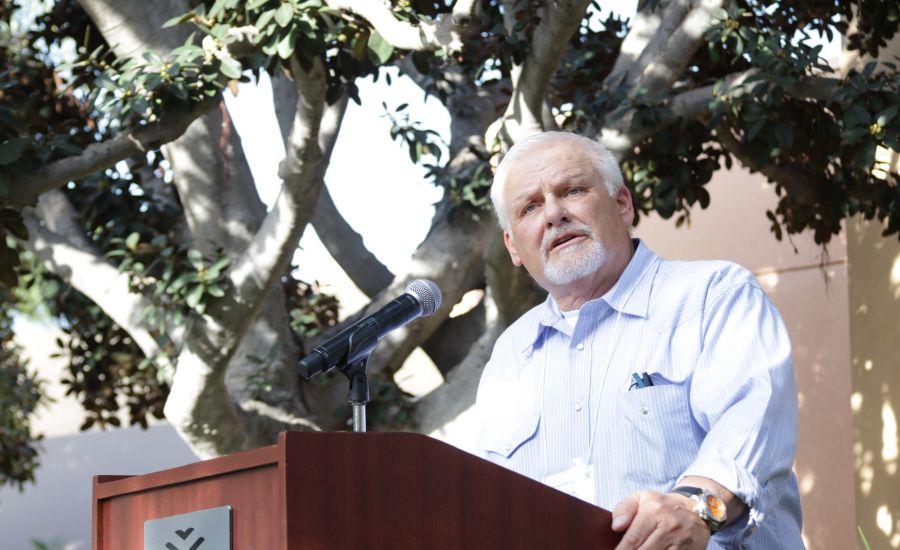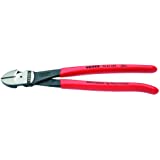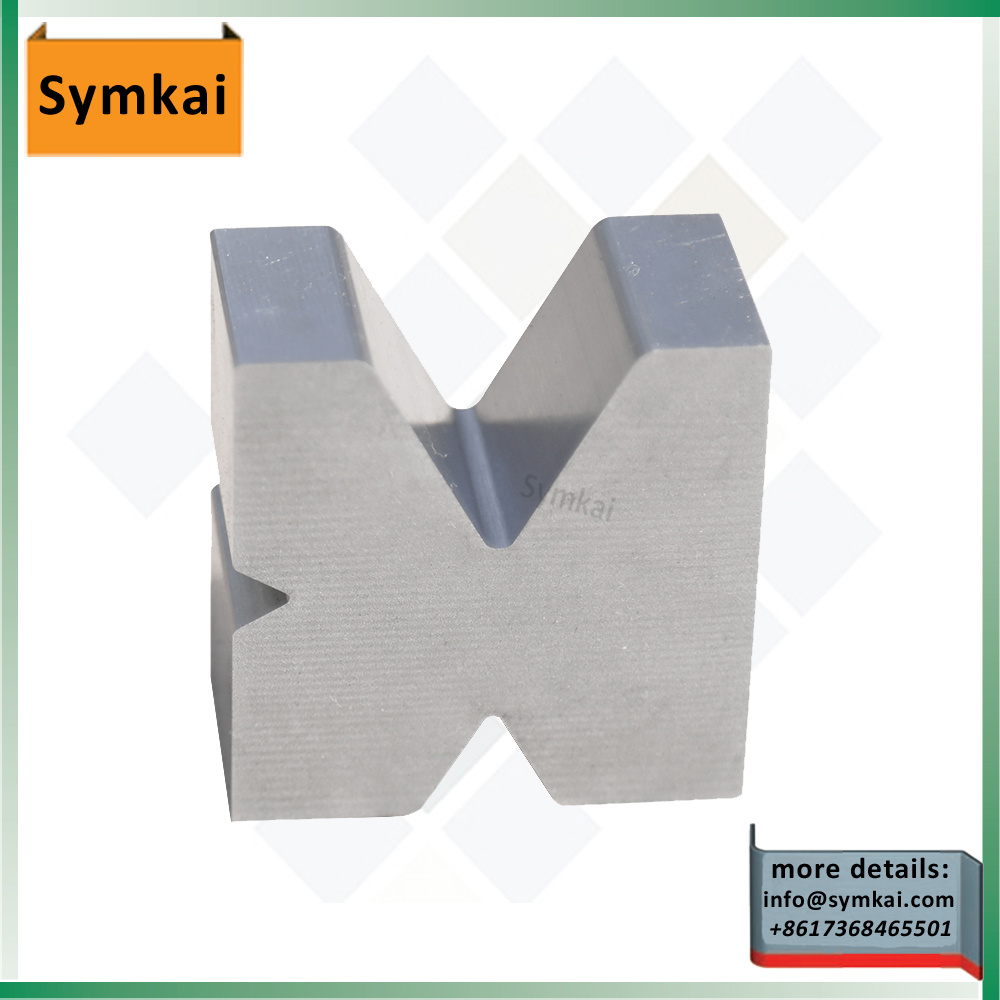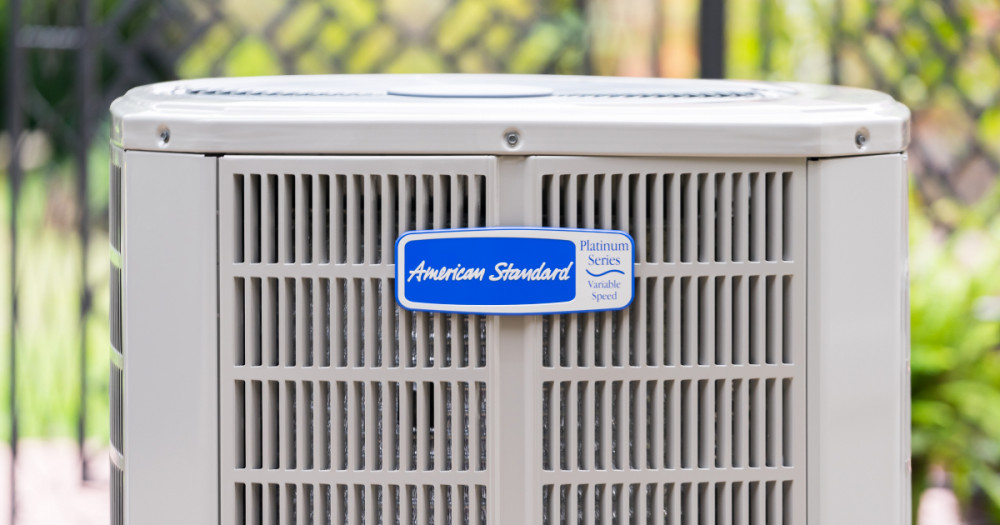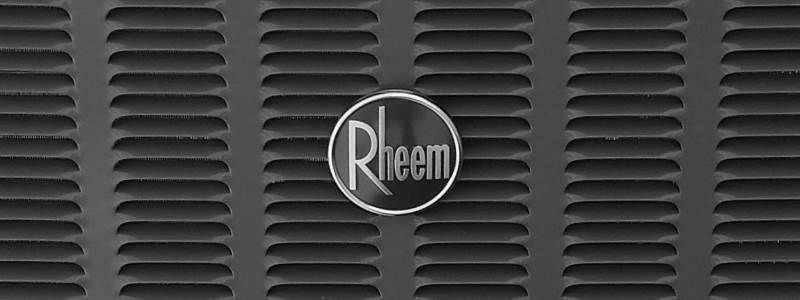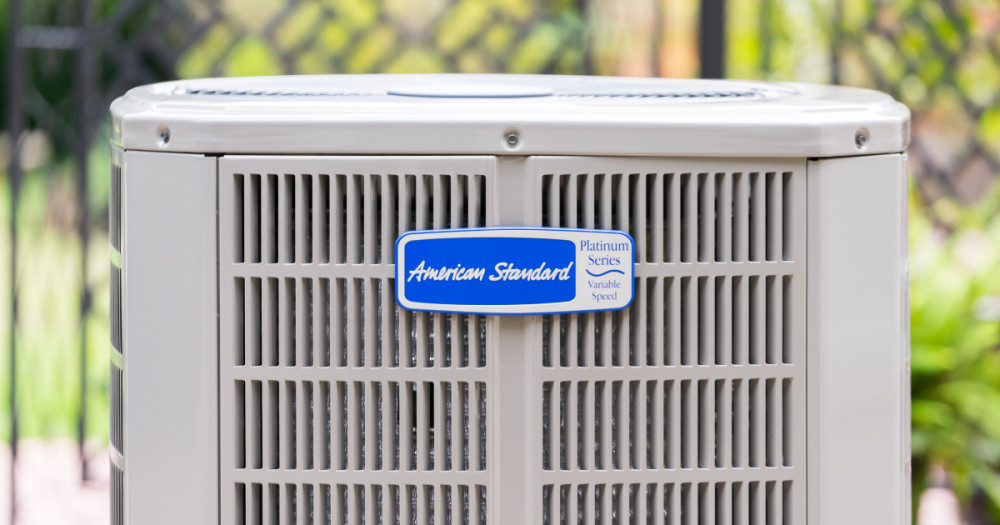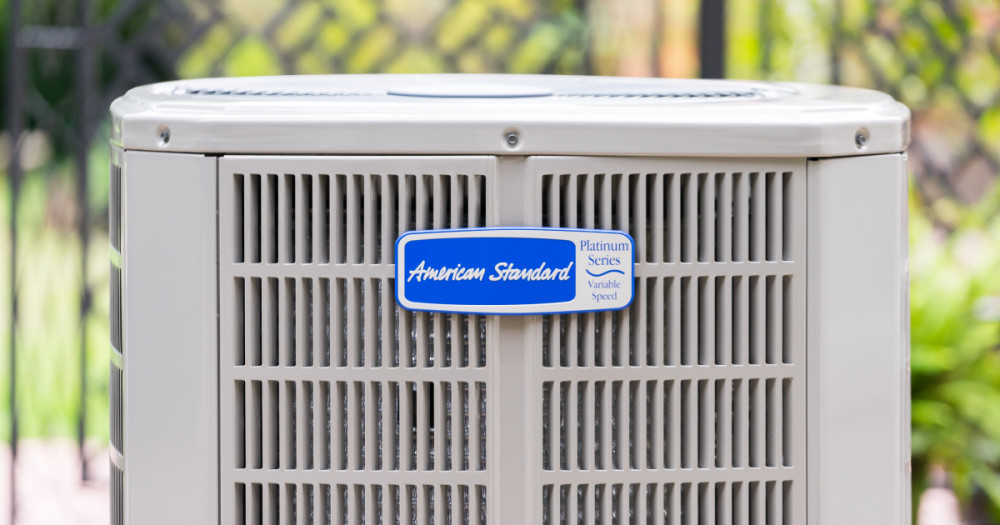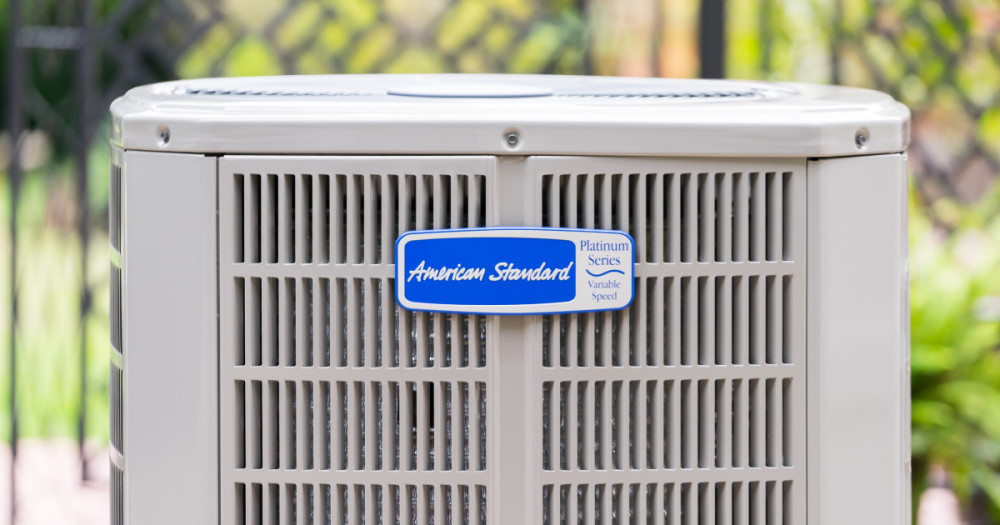boilers for heating: how to train employees in hvac safety
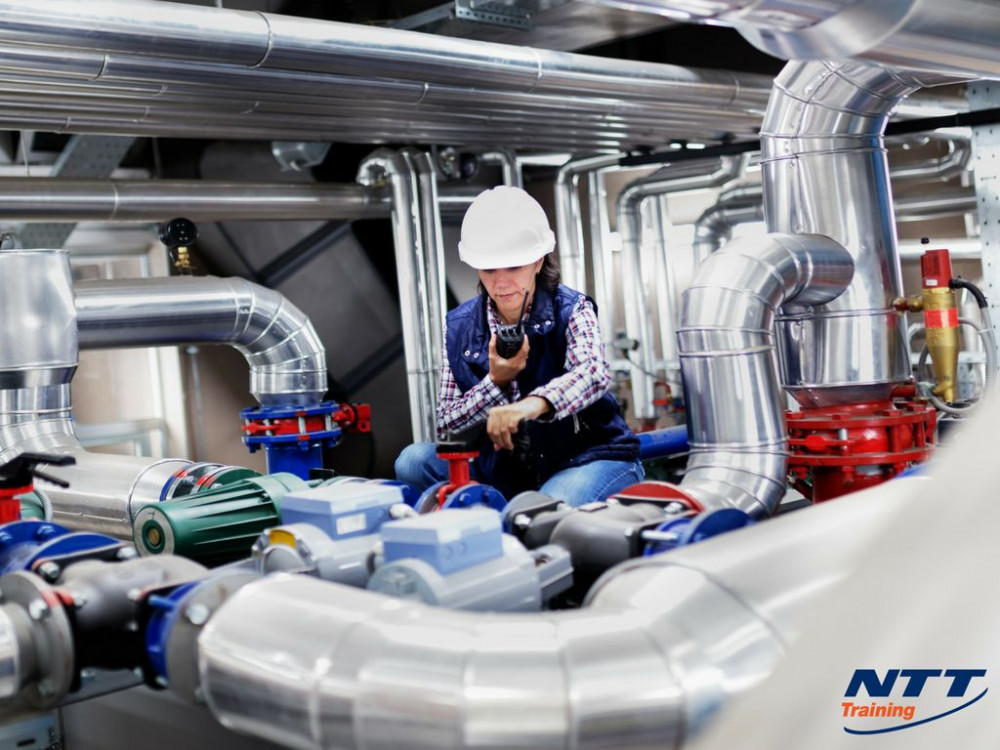
By means of exchanger, The boilers have burners or electric coils that generate heat.
Among the types of boiler accidents that can occur are these water or steam leaks boiler explosions natural gas piping explosion frozen pipes pipe bursts overheating and meltdown within boiler generation of toxic gases..
Manufacturers must adhere to safety standards provided NFPA 85, Boiler and Combustion Systems Hazards Code, and NFPA 86 Standard for Ovens and Furnaces..
In world everyone would maintain their boilers and business owners would do so in manner.
you will need to ensure they have good understanding of what these inspections look for to ensure boilers are operating safely efficiently.
To do that, have your employees attend regular trainings to keep them up on the safety regulations, operation of boilers, waste stream pollution, hydronic systems, and exhaust stack emissions..
Some of the topics your employees safety training should encompass are these boiler components operation of commercial, industrial boilers operation of boilers maintenance, avoiding corrosion that leads to equipment failure preventing common failures flame safeguards schematic wiring diagrams advanced troubleshooting..
Your employees will also need training in codes and standards, involving such topics vessel code, safety valves, pressure gauge, hydrostatic testing, classification, and hydrostatic testing.
Combustion theory and tuning controls instruction are also essential to operator or technician's training, and should include topics such firing-rate control, selector switches, condensate receiver, burner on off switch, and fuel selector switch, to name few..
NTT Training's three-day seminar on Boilers Technical and Operational Training could be just what your team needs to improve safety and efficiency at your work site.
Read more
Among the types of boiler accidents that can occur are these water or steam leaks boiler explosions natural gas piping explosion frozen pipes pipe bursts overheating and meltdown within boiler generation of toxic gases..
Manufacturers must adhere to safety standards provided NFPA 85, Boiler and Combustion Systems Hazards Code, and NFPA 86 Standard for Ovens and Furnaces..
In world everyone would maintain their boilers and business owners would do so in manner.
you will need to ensure they have good understanding of what these inspections look for to ensure boilers are operating safely efficiently.
To do that, have your employees attend regular trainings to keep them up on the safety regulations, operation of boilers, waste stream pollution, hydronic systems, and exhaust stack emissions..
Some of the topics your employees safety training should encompass are these boiler components operation of commercial, industrial boilers operation of boilers maintenance, avoiding corrosion that leads to equipment failure preventing common failures flame safeguards schematic wiring diagrams advanced troubleshooting..
Your employees will also need training in codes and standards, involving such topics vessel code, safety valves, pressure gauge, hydrostatic testing, classification, and hydrostatic testing.
Combustion theory and tuning controls instruction are also essential to operator or technician's training, and should include topics such firing-rate control, selector switches, condensate receiver, burner on off switch, and fuel selector switch, to name few..
NTT Training's three-day seminar on Boilers Technical and Operational Training could be just what your team needs to improve safety and efficiency at your work site.
Read more
Report
Related items:


